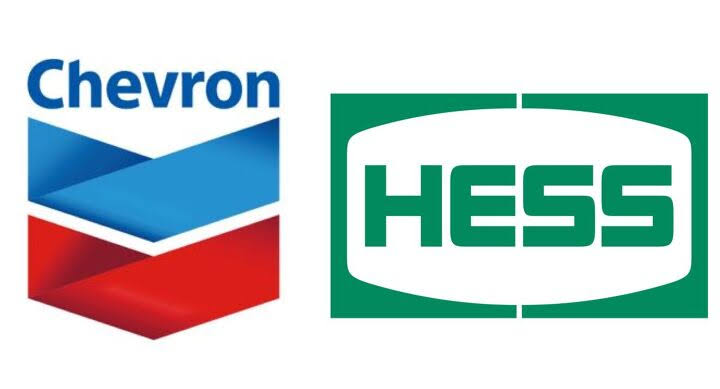KEY POINTS
Ghana expands malaria vaccine rollout to 136 districts.
Around 200,000 children will be vaccinated annually in selected regions.
The rollout is part of a larger phased plan towards national coverage.
The Ghana Health Service (GHS) has begun distributing new malaria vaccines in 136 districts across 11 regions, aiming to curb the high rates of child malaria. The initiative will include about 200,000 children annually, between six months and 18 months old.
Phased vaccine implementation
This vaccine rollout is part of Ghana’s routine child immunization program, with vaccine doses scheduled at four intervals—six, seven, nine, and 18 months. The effort follows the success of pilot programs conducted between 2019 and 2023. The vaccine, known as RTS, S/AS01, was initially introduced in 42 districts and later expanded to an additional 51 districts.
With the latest phase, 43 new districts in the Upper West, Savannah, Northern, and Western North regions have been added. “This is a sub-national introduction, meaning that it’s not yet nationwide, but eventually, the entire country will be covered,” said Dr. Kwame Amponsah-Achiano, Deputy Director of Disease Control at GHS.
The malaria vaccine, recommended by the World Health Organization (WHO), serves as a second line of defense in high-transmission areas, including many parts of West Africa. The vaccine program was launched alongside Malawi and Kenya, allowing the three nations to gather data on vaccine efficacy before scaling up.
Impact and expansion
The data collected from Ghana, Malawi, and Kenya has shown a significant decrease in child mortality linked to malaria. The reduction in deaths among children across these countries exceeded 13 percent.
According to Graphic Online, Dr. Amponsah-Achiano explained that integrating the malaria vaccine with other preventive measures like insecticidal nets, indoor spraying, and prompt diagnosis had resulted in further declines in malaria cases.
With this success, WHO has recommended that Ghana and other West African countries extend the vaccination. The GHS has started a phased expansion, focusing on regions with the highest malaria burden before eventually covering the entire country in collaboration with the National Malaria Elimination Programme.
Lessons and Community Engagement
The rollout also highlighted several key lessons. One significant change was aligning the fourth dose of the vaccine with the 18-month immunization schedule for measles and meningitis, which significantly improved vaccine uptake.
“It was difficult to administer the fourth dose at 24 months, but linking it with other vaccines at 18 months improved coverage,” Dr. Amponsah-Achiano noted.
Additionally, GHS emphasized the importance of engaging communities before each vaccination campaign. Effective community engagement led to higher vaccine acceptance rates. The need for continuous orientation for healthcare workers, particularly new recruits, also emerged as a critical lesson.




